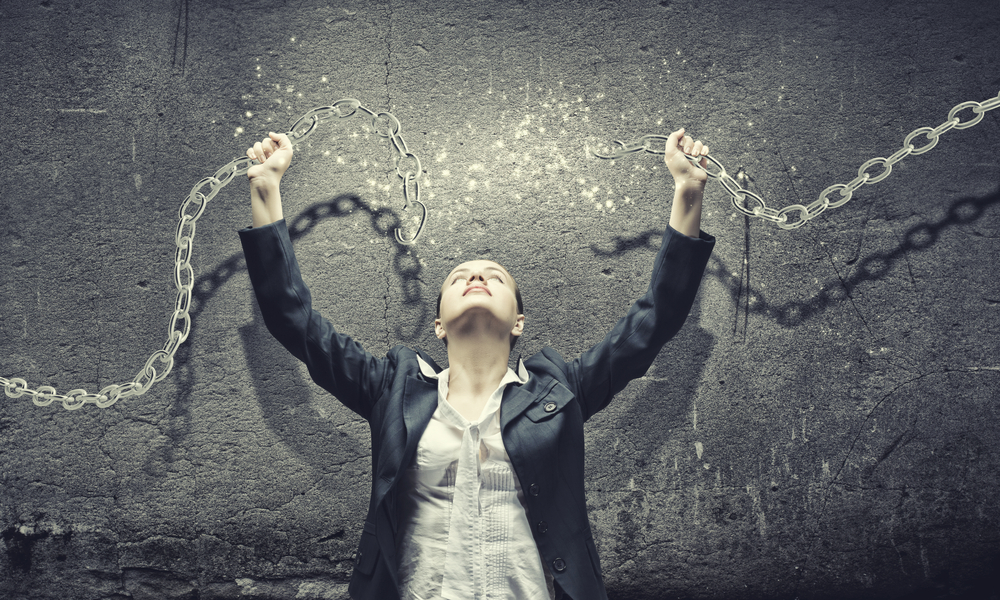What Happens If You Break The Law?:- In essence, law is the driving force behind any civilization; without it, behavior cannot be controlled. Without law, it is impossible to strive toward the development of a country as law serves as a catalyst for the creation of a civilized state. There are two main categories of laws, as you can see when you examine the fundamental reason why any community needs rules.

There are two types of laws: positive and negative. Positive laws specify what a follower is required to do, whereas negative laws specify what is not appropriate to do.
Consequences of Violating Law
The judicial system and courts uphold the law. When an adult violates a local law or when a company or organization does an illegal conduct, they file a complaint with the judicial arm of government to have their acts reviewed. There are several courts that make up the judicial branch.
The chief justice, or judge, analyzes the intent of the legislation, how it should be applied, and if it violates any constitutional provisions. When someone or anything is discovered in violation of the law, the legal system determines the appropriate course of action.
There are several courts that make up the judicial branch. The chief justice, or judge, analyzes the intent of the legislation, how it should be applied, and if it violates any constitutional provisions. When someone or anything is discovered in violation of the law, the legal system determines the appropriate course of action.
Numerous laws have been enacted in the US to defend the legal rights of those who are accused of crimes. Until a person is proven guilty in a court of law, they are presumed innocent. A police officer will often arrest and detain someone who is suspected of committing a crime.
Occasionally the matter is brought before a grand jury, which is a body of individuals tasked with investigating the charges. If there seems to be sufficient evidence for a trial, the grand jury issues an indictment, or a formal charge. Nonetheless, grand juries are not present in many criminal trials.
The accused may be detained in a local jail or placed on bond, which is the sum of money intended to ensure that the defendant will appear in court rather than flee the nation, while they await trial. Typically, a jury consisting of twelve civilians plus a judge hear trials.
A district attorney represents the government when bringing charges against a defendant, whereas another district attorney represents the accused. The defendant gets freed if it is determined that they are innocent. If found guilty of a crime, the court applies set rules to determine the appropriate punishment or sentence. The offender faces jail time, a fine, or compensatory damages.
Conclusion
Violations of the legislation might result in jail time or small fines, among other dire outcomes. The type of act committed and the laws in the area where the crime was committed determine how severe the penalty will be. Breaking the law can have long-term effects in addition to legal repercussions, such as harming one’s reputation or reducing one’s chances of finding employment in the future.
It’s critical to be aware of, abide by, and accept responsibility for the laws in your society in order to prevent breaking them. In order to safeguard your rights and interests, it is crucial that you consult with legal counsel and consider all available defenses if you are charged with a crime.